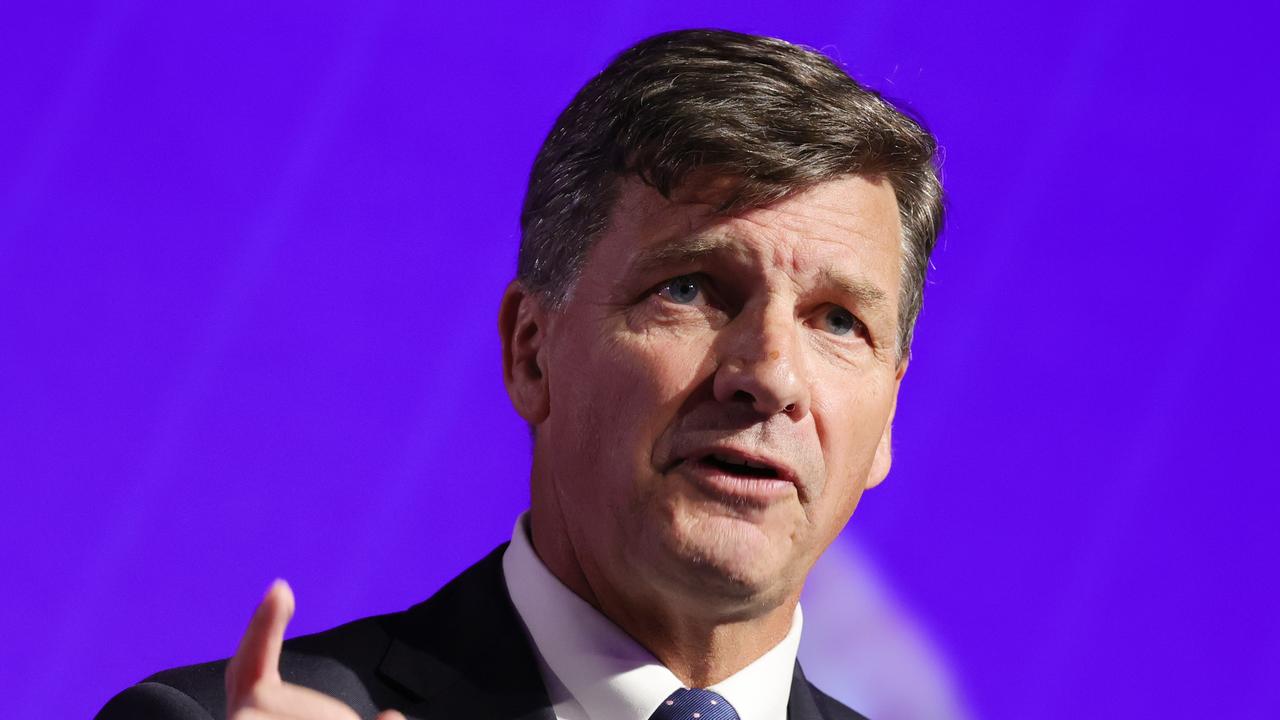Rate cut like rocket fuel to the already overheated property sector, forum told
If the RBA starts to cut the official interest rate it would be like adding ‘rocket fuel’ to the overheated property market, a business round table has heard.

Any moves by the Reserve Bank to cut official interest rates would be like “rocket fuel” for the overheated property market in some sectors, Andrew Dale, portfolio manager with ECP Asset Management portfolio manager Andrew Dale says.
“Interest rate cuts in this country could be just absolute rocket fuel for the property market,” he told a round table in Sydney on Tuesday.
He said the state of the housing market, including a shortage of rental properties in some sectors, was a “key concern” for the Reserve Bank as it looked at the impact of cutting interest rates.
“Housing affordability is already getting out of reach,” he said.
“We used to talk about it being so much more expensive to buy a house in Hong Kong or Singapore.
“Now property is probably more expensive, on a tax adjusted basis, in Sydney.”
Mr Dale said there was an increasing amount of private credit, a lot of it from overseas investors, coming into the property market.
He said the sector was expanding as the ability of the major banks to lend was being constrained by capital adequacy regulation.
Mr Dale predicted that Australia would see another uptick in inflation as new forces such as the Fair Work Commission’s latest increase in the minimum wage flowed into the economy.
“With a Labor government in place, there’s a tendency to try to look after the workers, but it is difficult to solve inflation by giving people more money which means they will continue to spend it,” he said.
“We are going to see late cycle inflation coming through.
“While the Fair Work Commission decision for a 3.75 per cent increase is a lot more modest than the 5 per cent increase we had last year, it is not helpful for the Reserve Bank.”
Mr Dale said higher wages and continued services inflation made companies with large amounts of workers, such as the big supermarkets, less attractive investments than other companies with low usage of labour, such as online accounting services company Xero.
GSFM Fund Management market strategist Stephen Miller told the round table that the Reserve Bank was now walking a “tightrope” between a weak economy and very “sticky” inflation, particularly in the services sector, which was making it hard for it to cut interest rates.
“The Reserve Bank used to say that it was on a narrow path (to taming inflation without a major adverse effect on the labour market),” Mr Miller said. “That narrow path is beginning to resemble a tightrope.
“It is going to be very hard.
“The RBA is trying to balance a weak economy, and a fragile labour market, against sticky inflation.”
Mr Miller said the uncertainty around interest rates and the tension between these two forces would also make the investment climate in Australia “very hard”.
“If inflation is not on a transparent pathway to target, it means interest rates stay higher and bond yields stay higher, which means that equity markets will start to run into valuation headwinds,” he said.




To join the conversation, please log in. Don't have an account? Register
Join the conversation, you are commenting as Logout